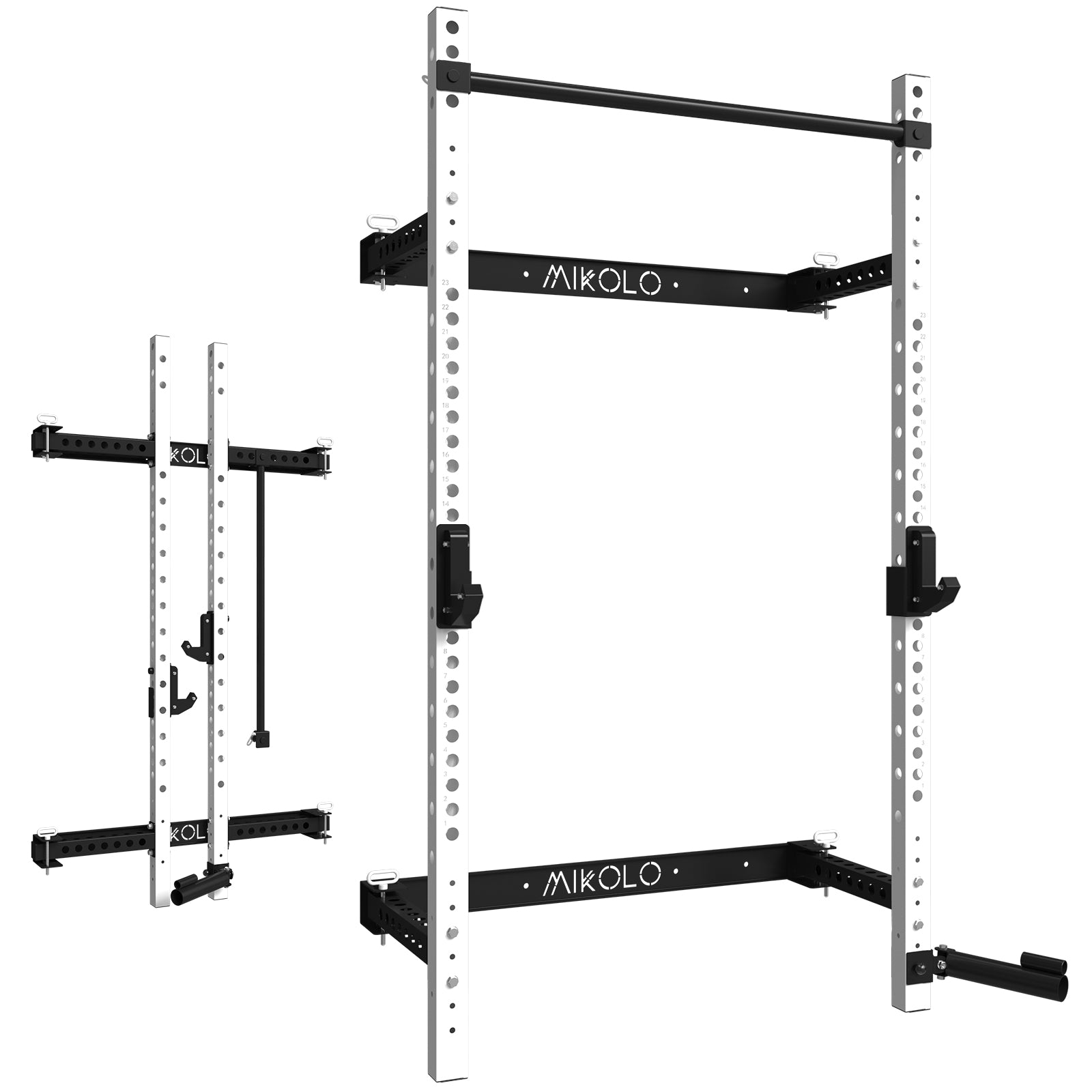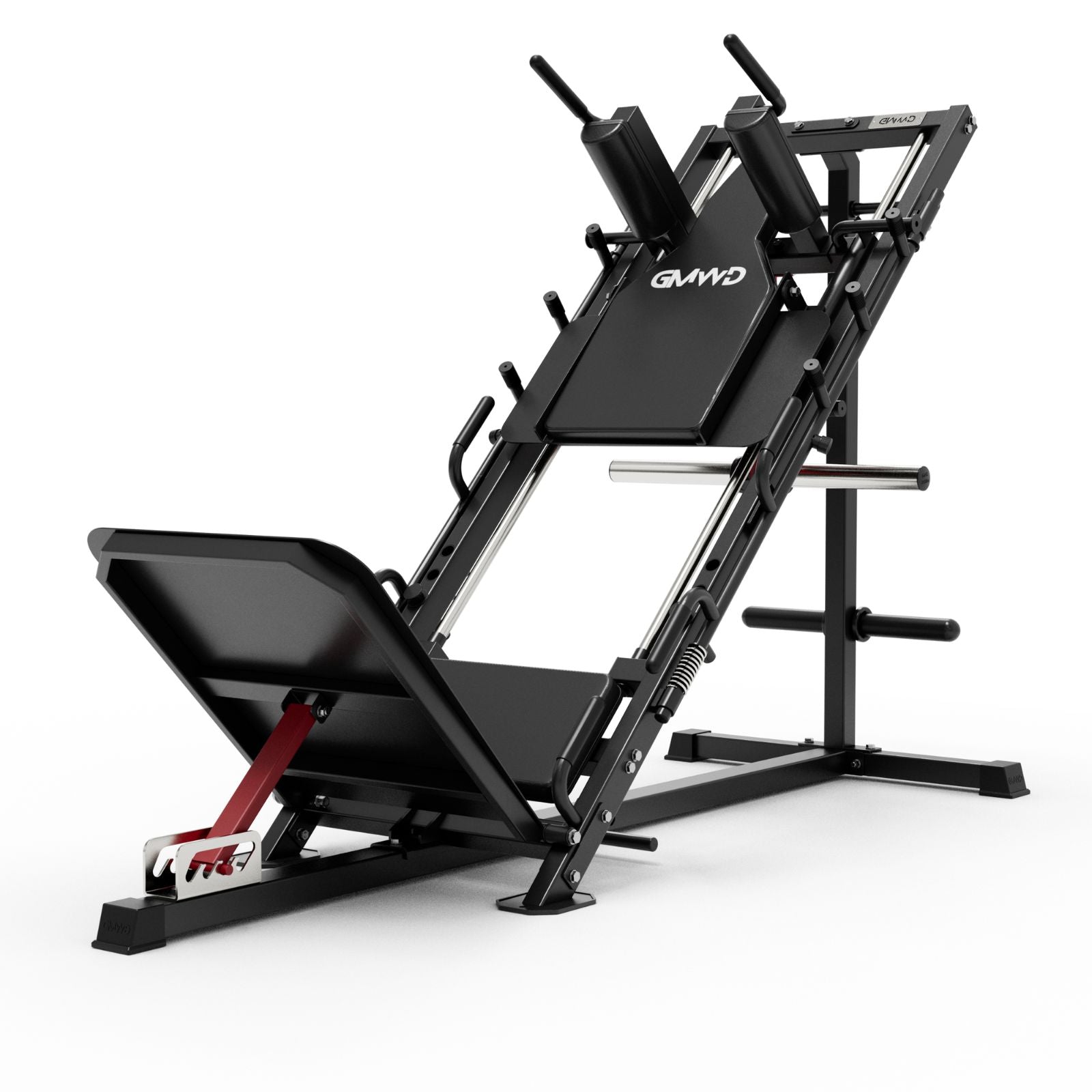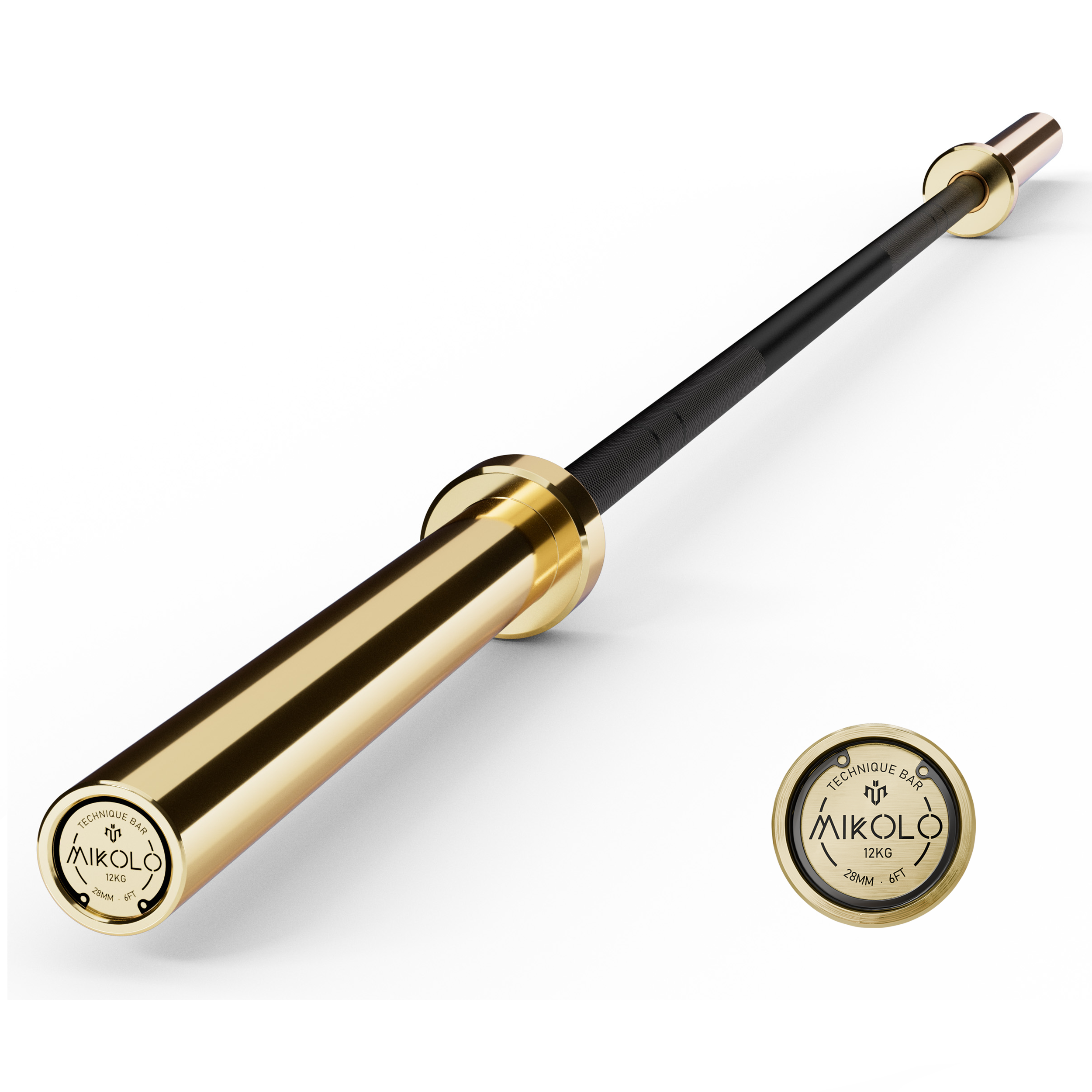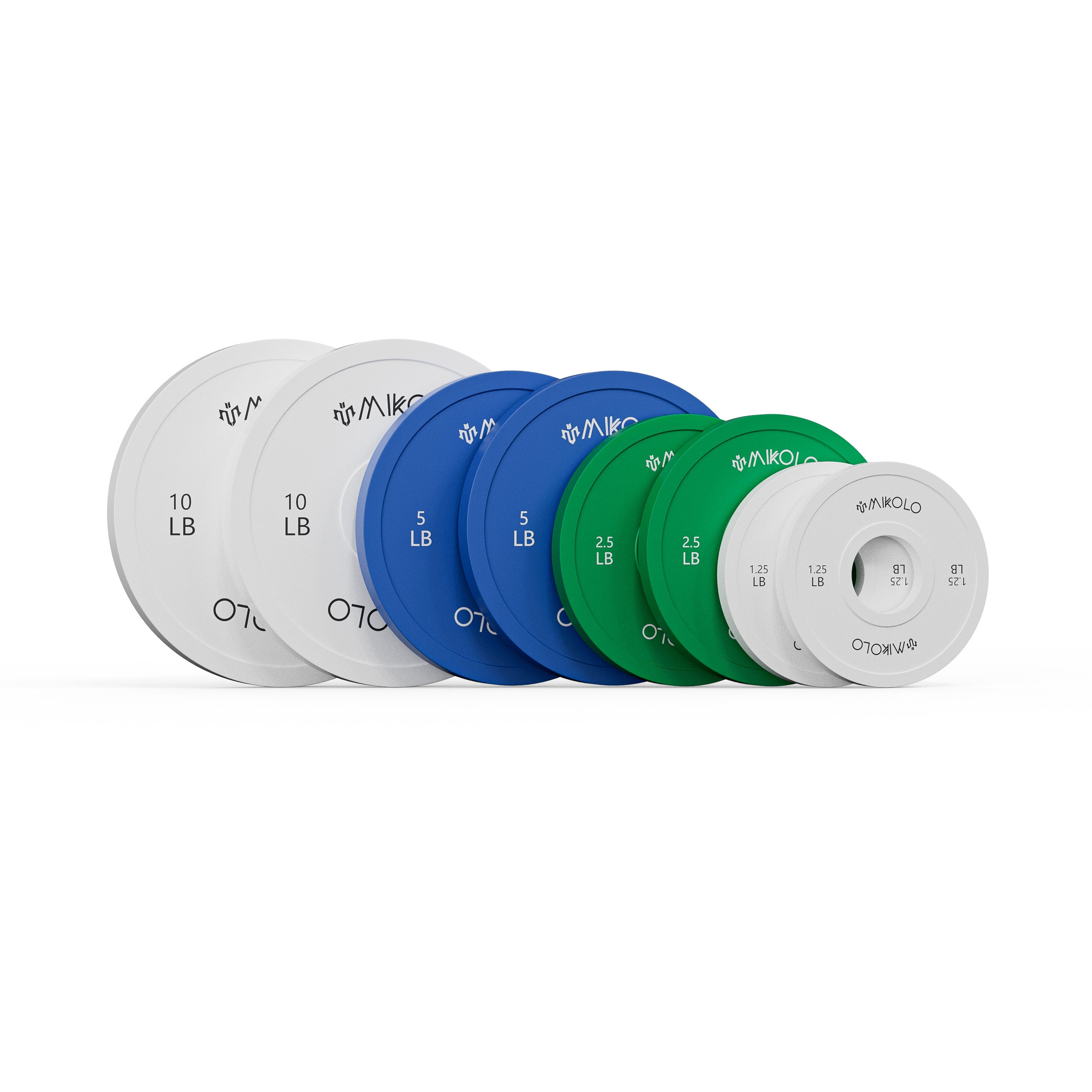If there's one exercise that lifters often love to hate, it's the split squat. Unlike bilateral lifts, where you're generally stronger, split squats force a reduction in weight for most. But don’t let that discourage you. Regardless of the weight you're working with, split squats deliver serious benefits, including:
- Improved muscle size and strength between sides
- Enhanced performance in bilateral squats, deadlifts, and Olympic lifts
- Reduced muscle imbalances, lowering the risk of injury
This unilateral powerhouse is excellent for boosting athletic performance and improving hip mobility. But let’s be honest, most of us do it for the quads—specifically, that teardrop shape—and to add some extra muscle to the glutes.
The twist? Not all split squats are created equal. With a few modifications, you can turn this exercise into a quad-dominant machine. These 10 variations will keep your legs guessing and growing, whether your goal is hypertrophy or improving single-leg strength.
Ready to take your leg day to the next level? Let’s dive in!
Why These 10 Split Squat Variations Work
Split squats are fantastic for building glute and quad strength while addressing strength imbalances. These 10 variations elevate the exercise by focusing on specific goals—such as increasing range of motion, time under tension, or athleticism. Whether you’re using a safety bar, focusing on control with a suspension trainer, or adding plyometric movements for power, these variations will maximize quad engagement.
10 Split Squat Variations to Blast Your Quads
Before we jump into the variations, a quick tip to make these exercises even more quad-dominant: Keep your torso as upright as possible and allow your knees to travel over your toes. Your quads will thank you. Now, let’s get to it—are you ready for bigger, stronger quads?
Front-Rack Kettlebell Rear-Foot Split Squat
This variation combines an elevated rear foot with the front rack position, which challenges your core stability and forces your quads to take the brunt of the work. The kettlebells in front shift the load forward, emphasizing your quads while also demanding a strong upper back to maintain posture.
Sets and reps: 3-4 sets of 8-15 reps per leg with moderate to heavy kettlebells.
Front Foot Elevated Split Squat
Elevating your front foot on a weight plate increases your range of motion, creating a deeper squat and stretching the quads and hip flexors more effectively. The extra depth makes this an ideal variation for targeting the quads.
Sets and reps: 2-4 sets of 10-12 reps per leg with light to moderate weights, focusing on control and depth.
Hand-Supported Split Squat
Using a squat rack or sturdy surface for hand support provides stability, letting you lift heavier loads while focusing solely on the working leg. This variation eliminates balance concerns and maximizes quad engagement.
Sets and reps: 3-4 sets of 6-8 reps for strength or 8-15 reps for hypertrophy.
Safety Bar Split Squat
The safety bar’s design allows you to keep the load centered and close to your body, taking pressure off your joints and spine. It’s perfect for anyone looking to load up on weight without compromising stability or form, leading to better quad development.
Sets and reps: 3 sets of 8-12 reps per leg with moderate to heavy weight.
Goblet Deadstop Split Squat
This variation incorporates a brief pause at the bottom of the squat, eliminating momentum and forcing your quads to work harder. The anterior load keeps your torso upright, enhancing the muscle burn in your quads.
Sets and reps: 3-4 sets of 8-10 reps per leg, focusing on lowering slowly, pausing, and powering back up.
Suspension Trainer Split Squat
By using suspension straps, this variation adds instability, forcing your stabilizer muscles to engage more actively. The instability increases the activation of your quads as you balance and control your movement.
Sets and reps: 2-3 sets of 10-12 reps per leg, focusing on form and control.
Trap Bar Split Squat
The trap bar’s neutral grip and centralized weight make it easier to load up without stressing your joints. This variation lets you lift more weight safely, ensuring your quads get an intense workout for both strength and hypertrophy.
Sets and reps: 2-4 sets of 6-8 reps per leg for strength, or 3-4 sets of 12-15 reps for size.
Iso Rear Foot Elevated Split Squat
This variation focuses on time under tension. By holding the bottom position for 30 seconds or more, you keep your quads under constant stress, which helps improve endurance and mobility while targeting the quads.
Sets and reps: 2-3 sets of 20-30 seconds per leg, gradually increasing hold time as you build strength.
Plyo Split Squat
Adding a jump to the split squat turns it into a plyometric movement, enhancing explosive power and athleticism. This variation fires up your fast-twitch muscle fibers, making it a perfect high-intensity quad finisher.
Sets and reps: 2-3 sets of 6-8 explosive reps per leg, focusing on quality over quantity.
Overhead Split Squat
By holding a dumbbell, kettlebell, or barbell overhead, you challenge your full-body stability, shoulder mobility, and strength. The added overhead load increases the muscular tension on your quads, making them work even harder.
Sets and reps: 2-3 sets of 8-10 reps per leg, using a light to moderate load.
With these variations in your leg-day rotation, your quads will experience new challenges that keep them growing and adapting. Ready to add these split squat variations to your training? Your quads won’t know what hit them.










































Leave a comment
This site is protected by hCaptcha and the hCaptcha Privacy Policy and Terms of Service apply.